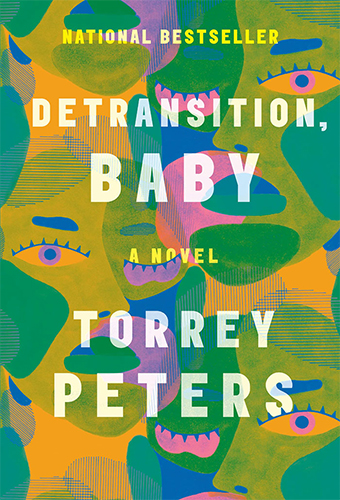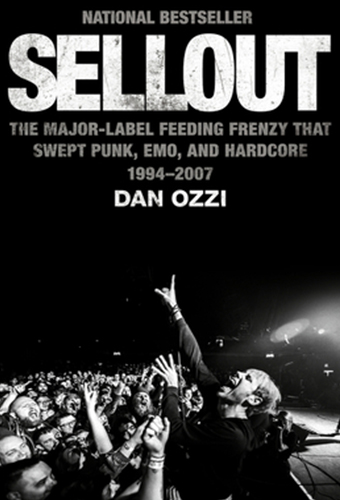
Detransition, Baby: A Novel
Torrey Peters
What are the rules of motherhood, fatherhood, gender, love, and family? The characters in Detransition, Baby toss out and revise so many of these rules, and I thoroughly enjoyed being a witness to that!
Reese and Amy, two trans women, are in a relationship with each other until Amy de-transitions due to the transphobia she faces: It was just too difficult for her to live as a woman. Now going by Ames, he finds himself in a relationship(ish) with his boss, Katrina, a biracial, Chinese American, Jewish, cis woman. There is an unexpected pregnancy and some creative finagling, and Reese’s strong desire to be a mother – coupled with Ames’ desire to be a father-not-father – leads our characters to have a lot of dialogue about what family is, and in turn an unconventional family is “born.” There are some plot twists that I don’t want to give away here, but know that Peters’ characters are just as dysfunctional, histrionic, and damaged as any of us. It is refreshing and delightful to read! Detransition, Baby is also among the first novels written by a trans woman to be issued by a major publishing house.
MAYA MAHAJAN
Coordinator
Language Exchange Program

Sellout: The Major-Label Feeding Frenzy That Swept Punk, Emo, and Hardcore (1994-2007)
Dan Ozzi
The word “sellout” might not have the same integrity-shattering connotation as it used to in this age of get-famous-at-all-costs social media influencers. But it wasn’t always this way. As punk and alternative broke (again) in the 1990s, the music industry started to take notice and artists from the underground were confronted with a Faustian bargain: to stay true to the DIY, anti-corporate ethos of the scene, or to sign to a major label and face the music (and be tagged with the dreaded S-word). Getting shunned by the die-hards and banned from 924 Gilman Street in Berkeley, the East Bay epicenter of punk rock in the ’90s, might sound quaint today, but it was enough to threaten the clout and credibility of bands of the time.
Brimming with thorough reporting and illuminating interviews, Dan Ozzi’s Sellout follows the road to the major label debuts of artists such as Green Day, Jawbreaker, Jimmy Eat World, Blink-182, At the Drive-In, The Donnas, The Distillers, and My Chemical Romance. Some transcended the “sellout” tag, while others buckled under the weight of remorse and expectation, or were swept back into obscurity by the changing tides of popular music. But each band had a hand in rewriting the script for a new era of punk- and alternative-influenced pop music, and ushering in an age where the word “sellout” is no longer a nail in the coffin of an artist’s reputation. Put simply, these bands walked so Olivia Rodrigo and Machine Gun Kelly (and so many others) could run.
TOR HAUGAN
Multimedia Writer + Editor
Library Communications